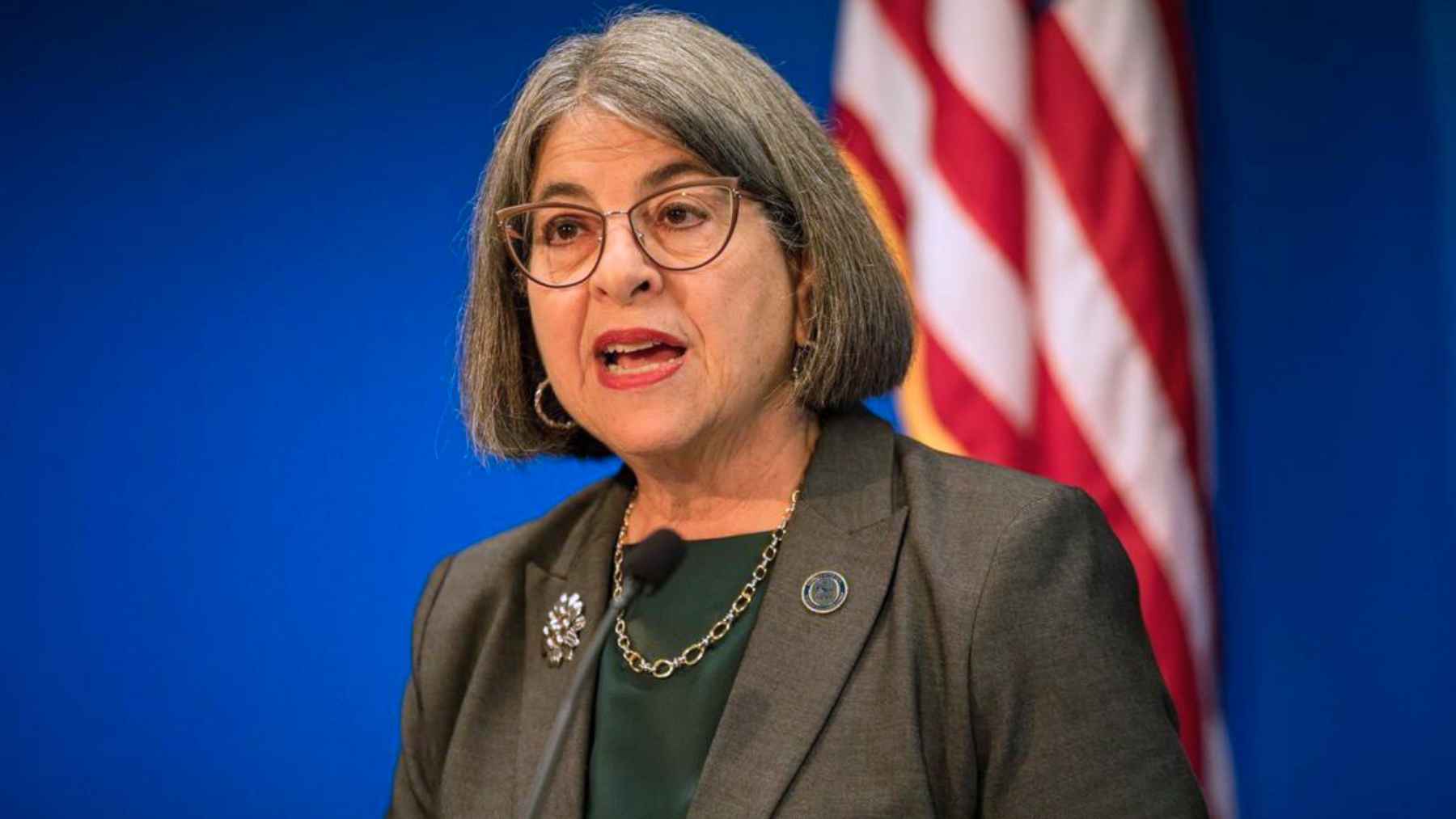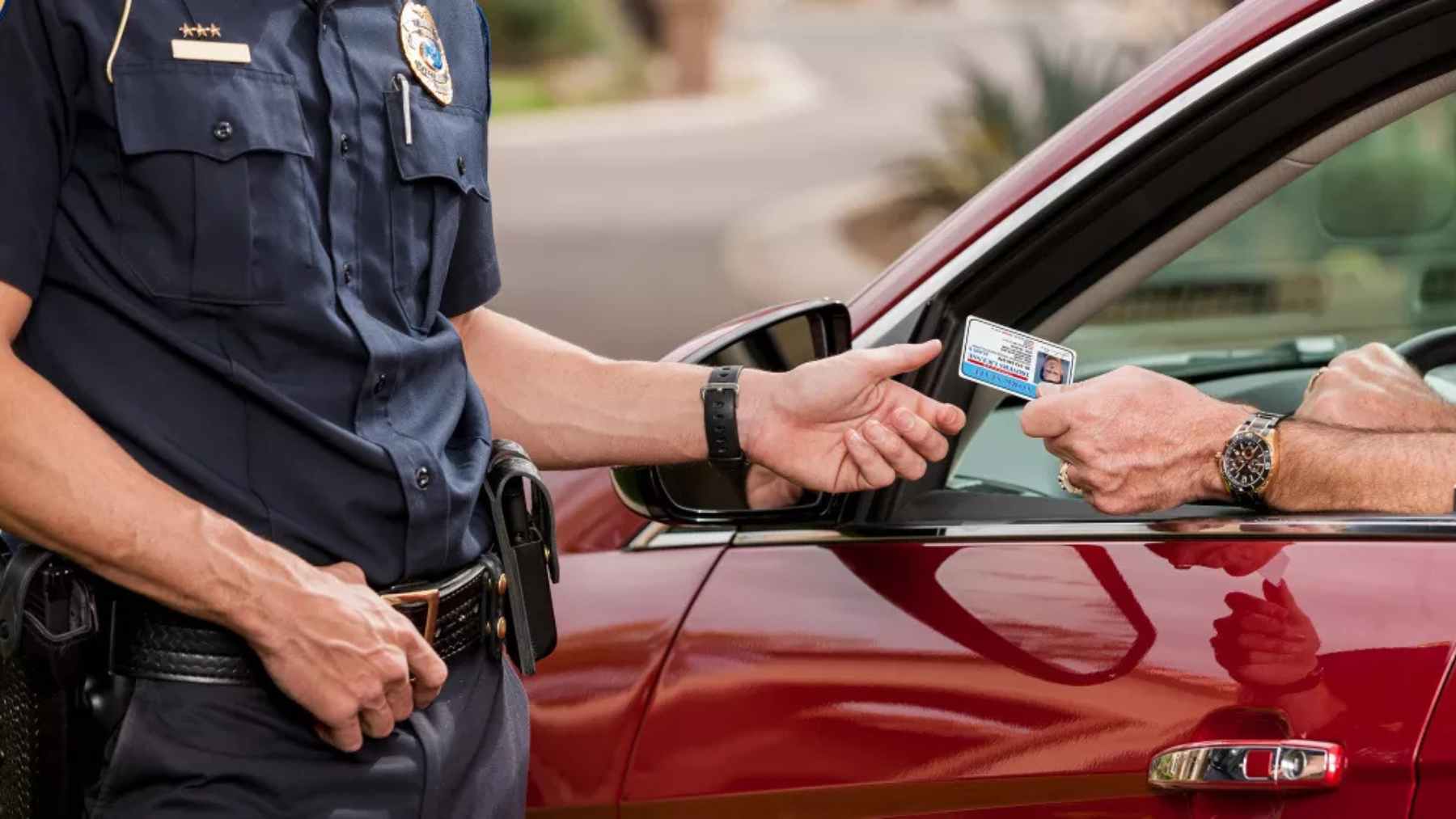This summer, the National Highway Traffic Safety Administration (NHTSA) is taking increased precautions to reduce the number of driving-related fatalities and injuries on the road. From curbing speeding and reckless driving habits, preventative methods have been put in place across states, as well as stricter legislation and policies regarding breaking the law of the road. A new piece of legislation has recently been announced by the NHTSA, which could result in a $600 fine if broken.
How the NHTSA prevents reckless driving
The biggest concern of the NHTSA is ensuring that all road users and drivers are safe on the road. To do so, the entity is constantly monitoring threats to road safety and implementing precautions and measures to make the roads a safer place for all, with a limited number of incidents. The NHTSA lists five road incidents that they are particularly concerned about eliminating:
- Drunk driving
- Drug-impaired driving
- Distracted driving
- Speeding
- Drowsy driving
Distracted driving, in particular, is a major concern in the age of the cellphone. According to data from 2023, 3,275 people were killed in a road accident as a result of distracted driving. This figure represents 8% of total driving fatalities. As a result, the NHTSA has been scaling up its campaigns to eliminate phone usage on the road and remind drivers that phone usage while driving is illegal in 49 of the nation’s states.
$600 fine this summer by the NHTSA
Earlier in April of this year, the NHTSA launched the “Put the Phone Away or Pay” campaign, where there was increased emphasis by law enforcement on the roads to crack down on distracted driving violations. It is particularly noted that texting while driving is a phenomenon often observed by the youth on the road, however, it is a problem that is occurring across generations.
With many families travelling across the state this summer, it is important to remember that you can receive significant penalties for texting and driving. The “Put the Phone Away or Pay” from the NHTSA is one way the NHTSA raises awareness for the dangers of distracted driving however, they also rely on states to enforce punishment for this behavior to stamp it out. New Jersey has one of the highest fines related to distracted driving, where if you are caught texting while driving for a third time, you can be fined between $600-$800 for this third offence.
Other states with high fines related to distracted driving include Maine, where you are fined $500 or more for subsequent distracted driving offences after your first one. Oregon, however, really takes the win. For a first-time offence, you will be fined $1,000. For a second offence, you are fined $2,000. The third time around, you are not only subject to fines of $2,500 and above, but you also risk a possibility of 6 months in jail.
Other initiatives across states to keep the roads safe
Speeding is another significant problem on the roads, and states have taken up a variety of initiatives to deter drivers from driving over the speed limit and subsequently endangering the lives of road users. Automated camera systems are one of the most common ways states have been monitoring speeding in order to assist law enforcement with issuing fines related to speeding.
Other initiatives include the introduction of red-light cameras and, at an extreme, speed-limiting devices installed in vehicles of drivers who have been caught significantly over the speed limit. Some states have even raised the speed limit, ironically, to create more consistency on major roads and interstates when it becomes clear that the speed limit is too low and most drivers are driving well over the speed limit. The next big challenge for the NHSA, however, is most likely going to be keeping lives safe in a new era of automated driving technology.













